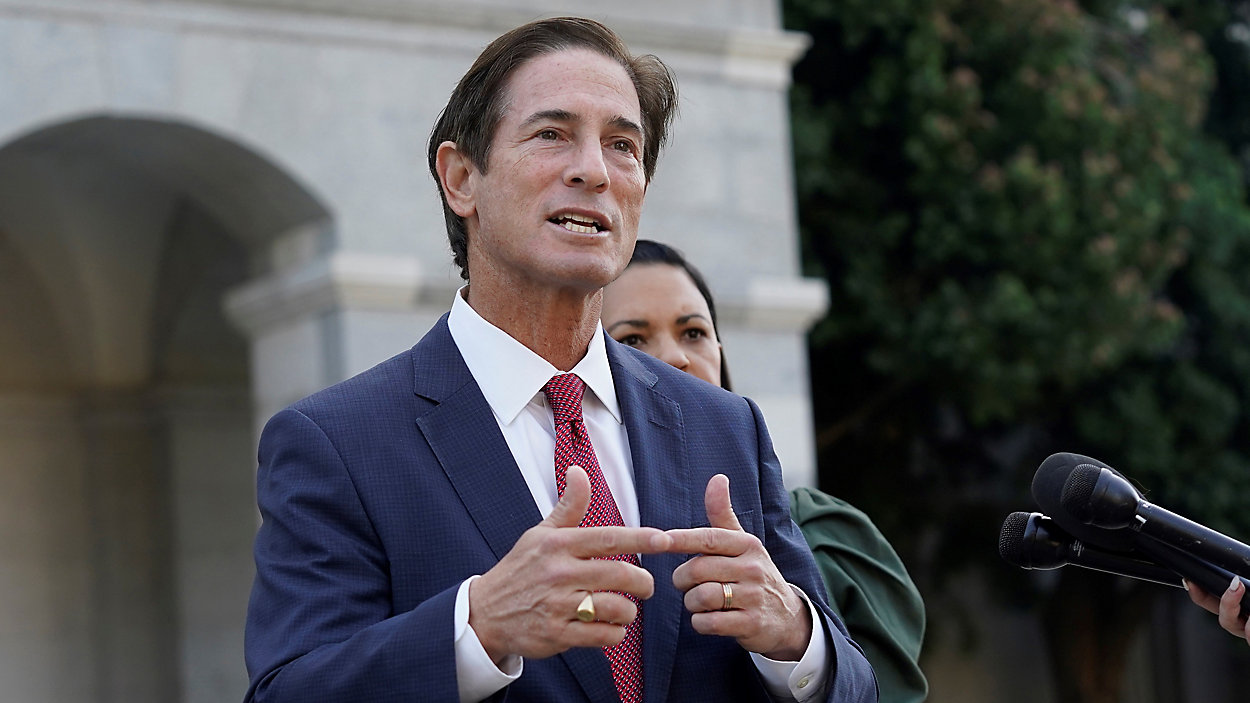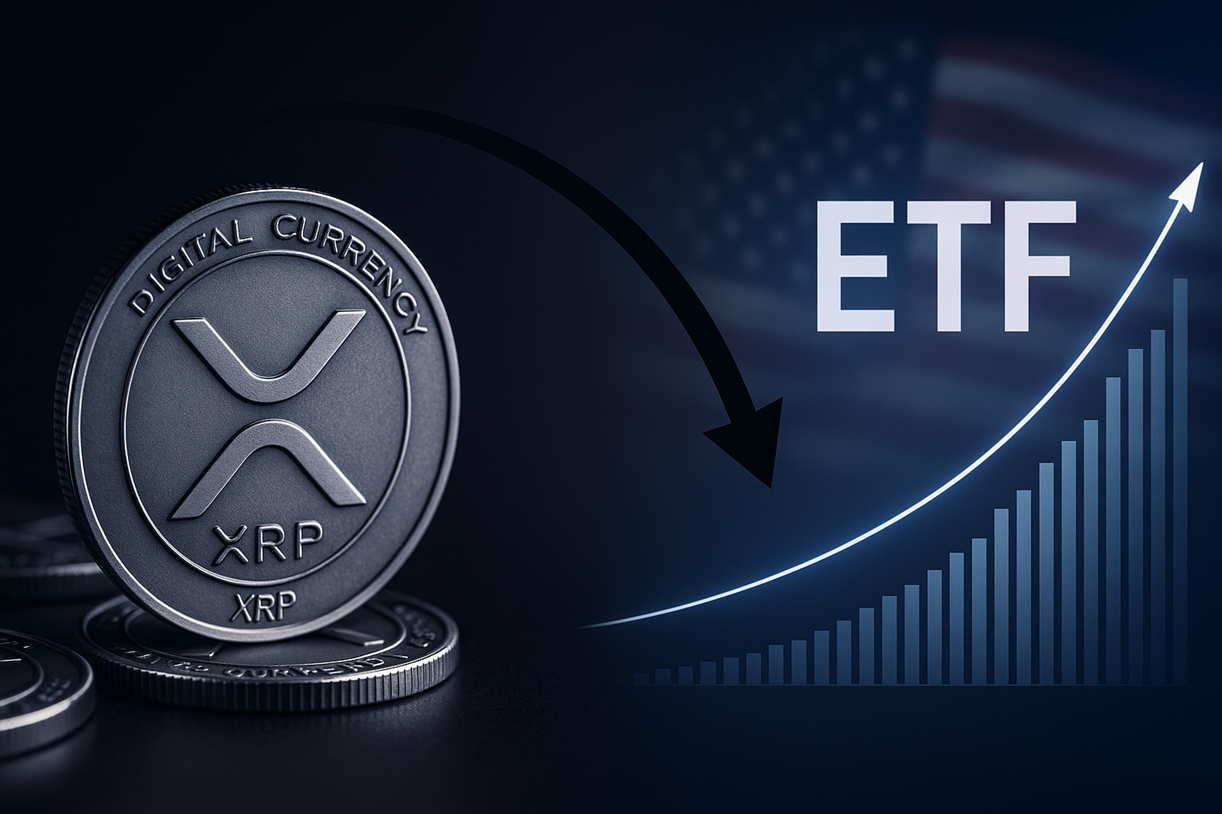In This Article
You did the hard work. You analyzed the deal, secured the financing, and handed the keys over to a professional property manager. Now, you finally get to sit back, relax, and let the rent checks roll in. Right?
Not so fast.
Many real estate investors make the same critical assumption: that hiring a property management company automatically protects them from liability and loss. After all, isn’t that the point of paying 8% to 12% of your monthly rent? They’re the professionals. They handle the day-to-day. They must be covered.
But here’s the truth: Just because your property manager is licensed doesn’t mean they carry the right insurance.
In fact, many investors are shocked to find out that their PM is either underinsured or completely uninsured in areas that matter most. Worse yet, some contracts actually shield the property manager while pushing the full liability back onto the property owner.
That means if a tenant trips over a cracked walkway, a vendor is injured while making a repair, or a maintenance task is neglected, you could be the one footing the bill, not your PM.
Why This Happens More Than You Think
The property management industry is diverse. Some companies are well-established with robust coverage. Others are solo operators running lean with little overhead and even less protection. Unless you ask the right questions and review their policy declarations (something few investors do), you may never know how exposed you really are.
Worse, many PMs don’t realize how underprotected they are themselves. General liability coverage isn’t always enough. If they don’t carry errors and omissions (E&O) coverage or workers’ comp for their vendors, that liability can easily boomerang back to the investor.
And because PMs are often seen as the “buffer” between tenant and landlord, investors wrongly assume that buffer includes insurance-backed responsibility. It doesn’t—unless it’s in writing.
The bottom line is that hiring a PM is a smart move. But it is not a shield. Without asking the right questions and layering your own coverage, you might be building a portfolio on a foundation of false security.
That illusion of protection? It can disappear the moment something goes wrong.
Fine Print Failures
Most investors don’t realize this until it’s too late.
Buried deep in your property management agreement, often between the standard language about maintenance and rent collection, are phrases that seem harmless. But in a courtroom or insurance claim, they can make the difference between being protected and being personally liable for tens of thousands of dollars.
Here’s what you need to know:
Your contract probably favors the property manager.
You might also like
And that’s not necessarily a red flag. PMs draft their agreements to limit their exposure. But as the property owner, if you haven’t read the fine print closely—or had it reviewed by an attorney—you might be agreeing to terms that push significant risks right back onto you.
Let’s look at a few of the most common pitfalls:
1. “Best Efforts” or “Reasonable Care” Language
This vague phrasing gives PMs wide latitude. If a tenant causes major damage or a repair is botched by a contractor, the PM can argue they exercised “reasonable” judgment—even if the outcome was disastrous. That makes it incredibly difficult to hold them accountable.
2. Hold Harmless and Indemnification Clauses
These clauses are designed to protect the manager, not you. They often state that you, the property owner, will cover legal costs and damages if a dispute arises—even if it stems from the PM’s own mistake. If your tenant sues for mold exposure due to poor maintenance, you could be on the hook.
3. Vendor Liability Gaps
Many PMs use third-party vendors for repairs, maintenance, and lawn care. But what happens if one of those vendors is injured on your property and doesn’t carry workers’ comp? You might be liable. If the PM contract doesn’t require vendors to carry their own insurance—or doesn’t clarify who assumes responsibility—it leaves a gaping hole.
4. Negligence Disclaimers
Some agreements explicitly state that the PM isn’t liable for damages or losses resulting from errors in judgment. In plain English, they can mess up, and you still carry the consequences.
Here’s what you can do:
Review your contract annually. Especially when renewing or switching PMs.
Negotiate or remove overly broad hold harmless clauses.
Ask for documentation of vendor insurance.
Have an attorney review the agreement—even if it’s a “standard” template.
Most importantly, don’t assume the fine print protects you. In many cases, it does the opposite.
The Hidden Risk of Underinsured PMs
You’d never dream of owning a rental property without the proper insurance.
So why would you allow a third party—your property manager—to operate without it?
Many investors assume that property management companies are fully insured. After all, they’re managing homes, handling repairs, coordinating vendors, and acting as the frontline between tenant and owner. But the uncomfortable truth is that a shocking number of PMs are underinsured or improperly insured.
And when something goes wrong? You’re often the one left holding the bag.
The False Sense of Coverage
Most property management firms carry General Liability insurance—that’s the bare minimum. It typically covers slip-and-fall injuries at their office or third-party damage caused by one of their employees. But in the real world of property operations? That’s just scratching the surface.
What you really want to see is:
Errors & Omissions (E&O): Covers mistakes in leasing, screening, and rent collection processes.
Workers’ Compensation: Protects against injury claims from employees and, in some states, from uninsured vendors.
Hired and Non-Owned Auto: If your PM sends someone to pick up materials and there’s an accident, who pays?
Now ask yourself: Have you seen proof of any of this?
Most owners haven’t.
And PMs may not even realize they have gaps until it’s too late.
When Their Gaps Become Your Problem
Imagine a tenant is injured after a deck collapses. The PM had deferred repairs despite prior notice. The owner assumes the PM’s insurance will handle it. But when the claim is filed, their general liability carrier denies it—saying it was a professional oversight, not a bodily injury incident.
The tenant sues. Now, the owner gets pulled into a lawsuit, their liability policy is tapped, premiums skyrocket, and suddenly, an avoidable gap in someone else’s coverage just blew a hole in their portfolio.
This happens more often than you think.
How to Audit Your Property Manager’s Insurance
You don’t need to become an insurance expert, but you do need to:
Request a Certificate of Insurance (COI) every year.
Confirm coverage limits and ask for copies of their declarations page.
Ensure vendors are licensed and insured (especially contractors and cleaners).
Verify E&O and workers’ comp are active and relevant to the services they provide.
List the property owner as an Additional Insured on the property
Most importantly, don’t accept vague answers like “we’re covered” or “our broker handles that.” If the PM can’t produce documentation, it’s a red flag.
The Safety Net Smart Investors Use
Even with a vetted PM, things can still go wrong. That’s why smart investors never rely solely on their manager’s insurance. They ensure their own liability coverage is airtight.
The most critical policy for property owners? Premises Liability. It protects you if someone is injured on your property, whether or not your PM is involved. Because when lawsuits happen, the owner almost always gets named.
Self-managing your rentals? Then, consider adding Property Management Errors & Omissions (PME&O) coverage. It helps if a tenant claims negligence, like missed repairs or lease violations, and shields you from costly legal fallout.
In real estate, protection isn’t about trust. It’s about planning for every angle.
A Simple Risk Audit for Every Investor
By now, it should be clear: relying on your property manager to protect your investment without questions or verification is a gamble. But the good news is that identifying your exposure doesn’t require legal training or an insurance license.
It just requires asking the right questions.
Below is a 5-point risk audit every investor should complete this week. Whether you self-manage or use a property management company, these five questions can expose gaps before they become expensive problems.
1. Do you carry General Liability AND Errors & Omissions insurance?
If your PM can’t show proof of both, your exposure to lawsuits increases dramatically. General Liability is the floor. E&O covers professional mistakes—like mishandling lease agreements, screening, or deposits.
Ask for a Certificate of Insurance (COI)
Request the declarations page showing limits
2. Do you require all vendors to be licensed and carry active liability and workers’ comp coverage?
Many claims arise from injuries to handymen, HVAC techs, or lawn service providers. If your PM isn’t vetting them—or worse, isn’t insured for their activities—you could be on the hook.
Ask for proof of process, not just verbal confirmation
Spot-check one or two recent vendors
3. Who is responsible for tenant-caused damage?
If a tenant floods the kitchen or damages the drywall, does your PM’s contract clearly state who’s financially responsible? If the lease is silent and the PM’s policy doesn’t respond, you might be left with an uncovered claim.
Look for language in both the lease AND the PM agreement
Ask how damage is documented, pursued, and reimbursed
4. What happens if a tenant stops paying rent, dies, or is evicted?
Most PM contracts don’t address this. Traditional landlord insurance may not either. But with something like NREIG’s Tenant Protector Plan®, skip rent protection can bridge the income gap.
Ask your PM how they handle unpaid rent events
Explore layered solutions like TPP for added protection
5. How often do you review and update your insurance and PM contract language?
If the answer is “only when something goes wrong,” that’s not good enough. Annual reviews of both your PM contract and your insurance policies are essential.
Schedule an annual review reminder now
Bring in a specialist like NREIG to help uncover blind spots
Final Thoughts
You’ve worked too hard to build your portfolio to lose it over someone else’s oversight.
A quick conversation with your property manager and a review of your existing insurance policy might uncover gaps you didn’t know existed—and help you close them fast.
Because in real estate, protection isn’t passive. It’s proactive.
And if you want help reviewing your coverage, understanding your options, or implementing a smart coverage strategy, NREIG is here to help.
You can’t eliminate risk. But you can control your exposure. And that’s what separates casual investors from serious operators.

























